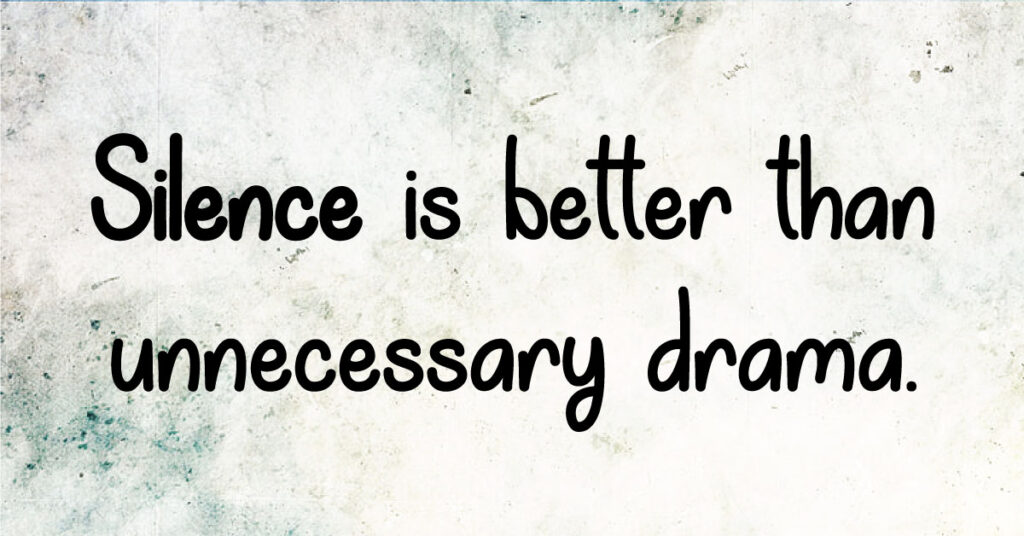Friendship is one of the most valuable aspects of our lives. It provides a sense of belonging, emotional support, and shared experiences that enrich our existence. However, not every friendship is beneficial. Some friendships can be toxic, draining, and harmful to our personal growth. In this article, we will delve into the world of fake friends, their impact on your life, and how to end such friendships.
Understanding Fake Friends
Fake friends are individuals who pretend to be your friend but are not genuinely interested in your welfare. They often use the friendship for their gain, whether it’s to boost their social status, take advantage of your kindness, or have someone to fall back on without reciprocating the same level of care and support.
A fake friend might be there for the fun times, but they disappear when you need them most. They might gossip about you behind your back, only reach out when they need something, or consistently bring negativity into your life. These behaviors can leave you feeling used, hurt, and emotionally drained.
10 Signs of Fake Friends
Recognizing the signs of a fake friend can save you from emotional distress and wasted time. Here are ten signs to look out for, along with explanations for each.
1. They’re Only Around During Good Times
A fake friend is usually there when the going is good, but they disappear during challenging times. Genuine friends stick around through both ups and downs, offering support and comfort in times of need.
2. They Talk About You Behind Your Back
If you hear that your friend has been spreading rumors or negative information about you, it’s a clear sign of a fake friend. True friends respect your privacy and speak to you directly about any issues.
3. They Constantly Compete with You
While a little friendly competition can be healthy, a friend who consistently tries to outdo you or belittles your achievements might not have your best interests at heart. A true friend celebrates your successes and doesn’t feel threatened by them.
4. They Don’t Respect Your Boundaries
Fake friends often disregard your personal boundaries. They may pressure you into doing things you’re uncomfortable with or dismiss your feelings when you express discomfort. Genuine friendships respect individual boundaries and personal space.
5. They Are Self-Centered
If your friend always steers conversations towards themselves and shows little interest in your life, it could be a sign of a fake friend. True friends take an interest in each other’s lives and listen attentively.
6. They Never Initiate Contact
If you’re always the one reaching out and making plans, it might indicate that your friend is not as invested in the relationship as you are. Genuine friendships involve mutual effort and interest.
7. They Use You for Their Gain
If your friend only comes around when they need something – be it money, a favor, or a shoulder to cry on – without reciprocating, it’s a sign they’re using you.
8. They Don’t Stand Up for You
A real friend will defend you when others speak ill of you. If your friend remains silent or even agrees when others put you down, they’re showing their lack of loyalty and respect.
9. They Constantly Let You Down
Everyone makes mistakes, but a friend who consistently breaks promises or lets you down is showing a lack of respect for your time and feelings.
10. They Make You Feel Bad About Yourself
A friend should make you feel good about yourself, not the opposite. If spending time with your friend leaves you feeling insecure, anxious, or upset, it’s a sign of a toxic friendship.
The Impact of Fake Friends
Having fake friends can damage your mental and emotional health. Here’s why:
Eroding Self-Esteem
Fake friends often belittle others to make themselves feel superior. If you’re constantly around someone who makes negative comments about you, it can erode your self-esteem. You might begin to doubt your worth and abilities, which can lead to anxiety and depression.
Emotional Drain
Fake friends are usually takers, not givers. They demand your time, attention, and resources without giving anything back. This one-sided relationship can leave you feeling exhausted and emotionally drained.
Hindrance to Personal Growth
True friends challenge us to become better versions of ourselves. They inspire us, motivate us, and support our dreams. Fake friends, on the other hand, may feel threatened by your growth and success. As a result, they might try to hold you back or undermine your efforts to improve yourself.
How to End a Friendship with a Fake Friend
Recognizing that a friend is fake is the first step towards ending the friendship. Here are some steps to help you navigate this challenging process:
Reflect on the Friendship
Before making any decisions, take some time to reflect on the friendship. Consider the good times and the bad. Are the negative interactions outweighing the positive ones? Does the person respect you and treat you well? If not, it might be time to let go.
Have a Conversation
If you feel comfortable, consider having a conversation with the person about your feelings. Express your concerns honestly and calmly. They might not even realize how their actions have affected you.
Gradual Distance
If a direct conversation seems too daunting, you might choose to gradually distance yourself. Start by reducing the amount of time you spend together. Politely decline invitations and avoid initiating contact.
Seek Support
Ending a friendship can be painful, even if it’s with a fake friend. Don’t hesitate to seek support from other friends or a mental health professional. They can provide guidance and reassurance during this difficult time.
Final Thought
In conclusion, fake friends can have a detrimental impact on your mental and emotional health. It’s essential to recognize these toxic relationships and take steps to protect yourself. Remember, it’s okay to prioritize your well-being and surround yourself with people who genuinely care about you. Life is too short to spend time with people who don’t value and respect you.








